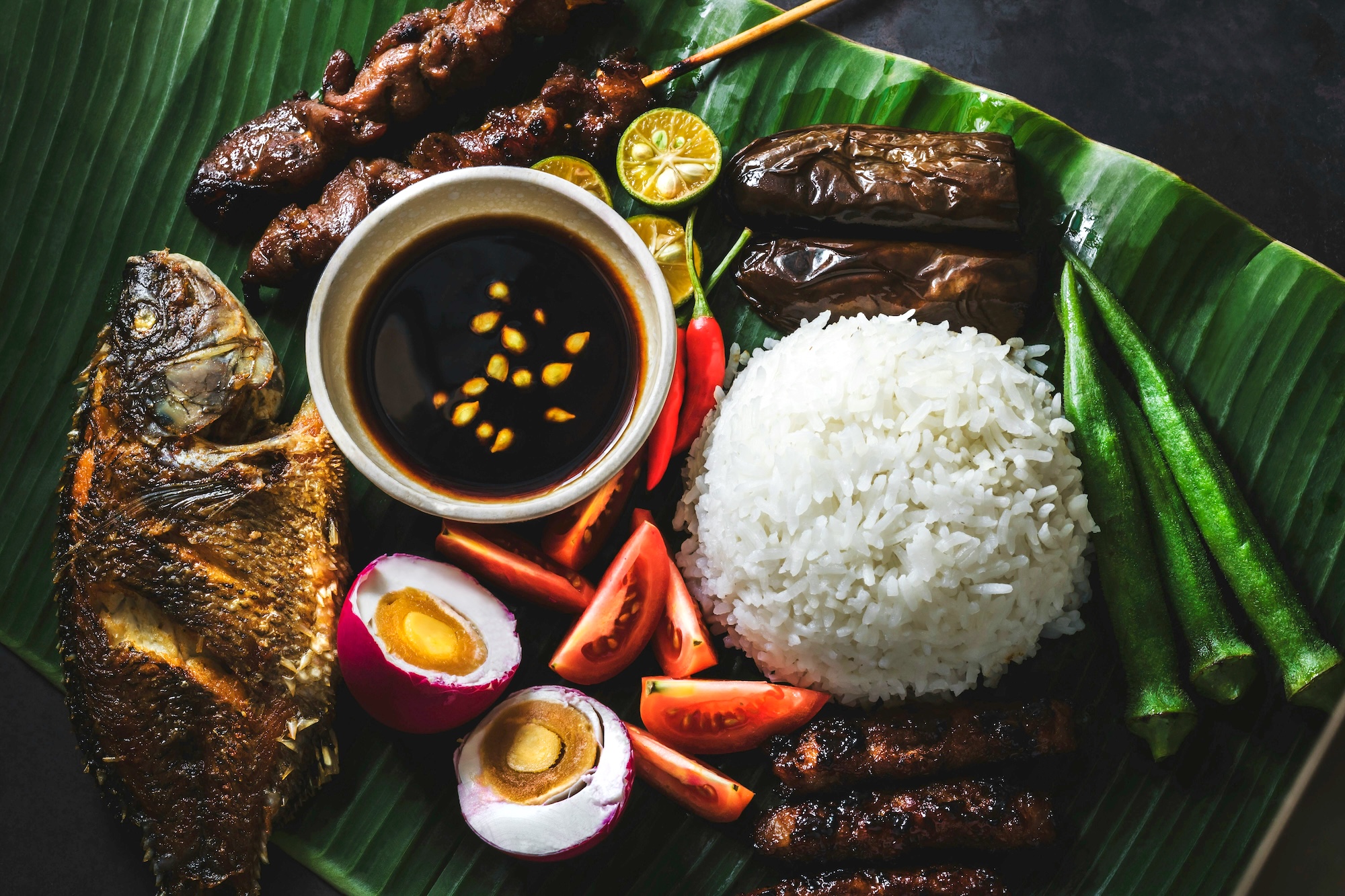
My article on the Time-Life book collection “Foods of the World” and how I’m trying to complete my set had readers e-mailing me with suggestions on just what to do.
One taught me how to bid for the books on eBay, the Net’s digital shop, while others graciously offered me their own copies (thank you). I wrote then that I’ve been doing my own search in bargain book stalls.
The book hunt at bargain places is what I’ve introduced to chefs during our culinary competition judging in many parts of the country. There, second-hand reads can be had for a few pesos. It’s almost unbelievable that hardbound copies of recipes and food books can cost less than a hundred.
There were times when our hunt turned up copies of books currently sold in bookstores, but at a tenth of the price. But my greatest moments are when I discover a book that I never knew was printed, so that it completes a particular collection.
Prodigious talent
One book seemed to call out to me with its title “About Alice.” Then I saw the author’s name, Calvin Trillin, one of my favorite writers, who tackles eating and so many other subjects with a humorous point of view. A prolific writer, Trillin has a column in The Nation magazine called “Verse Columnist,” although the magazine would rather call him “deadline poet” because of his prodigious talent in reportage and commentary.
“About Alice” is Trillin’s memoir of his wife who died of heart failure due to lung cancer. The book became a New York Times bestseller, and I’m thrilled to have this treasure in my library, which already includes several Trillin books.
One of them, “American Stories,” has a chapter on the competitive tactics Ben & Jerry’s Homemade Ice Cream employed to rattle its more conservative rival, Häagen-Dazs. Trillin’s three earlier food books were compiled in the volume “The Tummy Trilogy.” One of them is “Alice, Let’s Eat.”
Trillin’s penchant for teasing is evident in the first chapter, where he reveals that his wife “has a weird predilection for limiting our family to three meals a day.”
Main course
It was in another book, again discovered at a second-hand store, where Calvin and Alice Trillin were mentioned as guests at a lunch.
“The World in My Kitchen” by Colette Rossant relates how she always invited the Trillins to sample the new ingredients she discovered in New York’s Chinatown. Once, after a soup of cauliflower and blue cheese, Alice, who was expecting their first child, said they had to go because she felt she was having labor pains.

Calvin was hesitant and said: “But I don’t know what Colette is serving for the main course!”
Rossant’s main course was roasted quails with water spinach and sautéed water chestnuts, which she wrapped for the couple to take out. And then she mentioned how Calvin wrote about her in “Alice, Let’s Eat,” calling her one of his favorite New York cooks.
That made me open the Trillin book, and there Rossant was described as “the Scourge of Sullivan Street” because she insisted on having good fresh produce, and never hesitated to berate vendors who gave her anything less.
“She is so far above frozen food,” he wrote, “that I have always suspected she may not keep ice cubes.”
Before discovering this recent Rossant book, I already had two of her books in my collection, both bought at a regular book store. “Apricots on the Nile” is about growing up in Egypt with her father’s family. Rossant’s mother was French and it was in Paris where she spent her college years, which are recounted in “Return to Paris.”
Her early married years is what Rossant wrote about in “The World in my Kitchen”—how she settled with her American husband Jimmy in New York, and then built a family and career as a French-language teacher, cooking teacher and food writer. Each of those books featured recipes of the dishes she discussed or whipped up.
Book connection
I thought the book connection ended there. But Trillin also mentioned in the memoir the author Dick Francis, a favorite mystery writer of mine who, when his wife Mary died, wrote: “I don’t think I shall write again other than letters now… So much of my work was her.”
There were several Dick Francis novels I bought at those bargain book stalls, many at around P30—cheap thrills, really. Francis’ breezy writing and suspenseful plots made time fly, especially on long plane flights and at the waiting rooms of doctors.
Trillin said he understood that reluctance to write again because Francis must have been trying to impress only his wife with his work. But Trillin actually said it in the dedication of one of his novels. It reads: “I write this for Alice. Actually, I wrote everything for Alice.”
E-mail the author at [email protected]














































